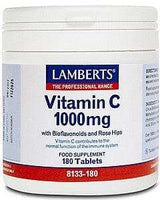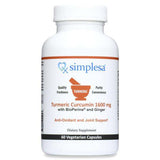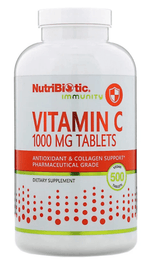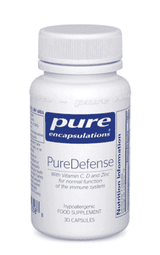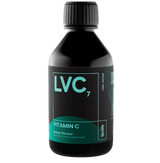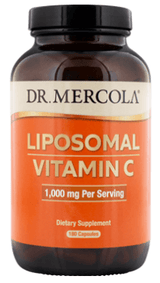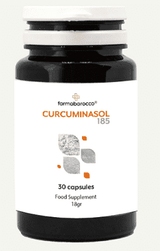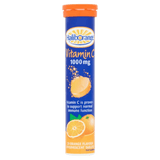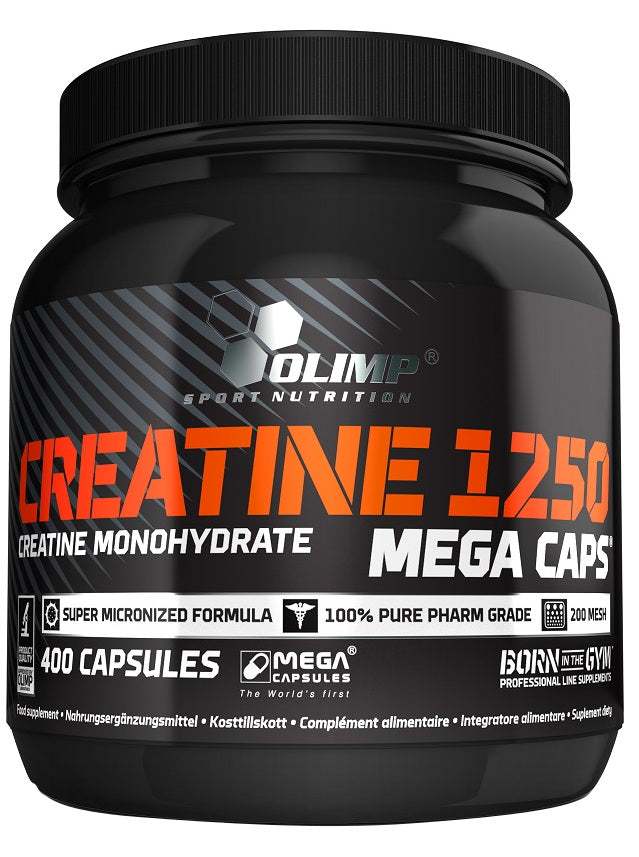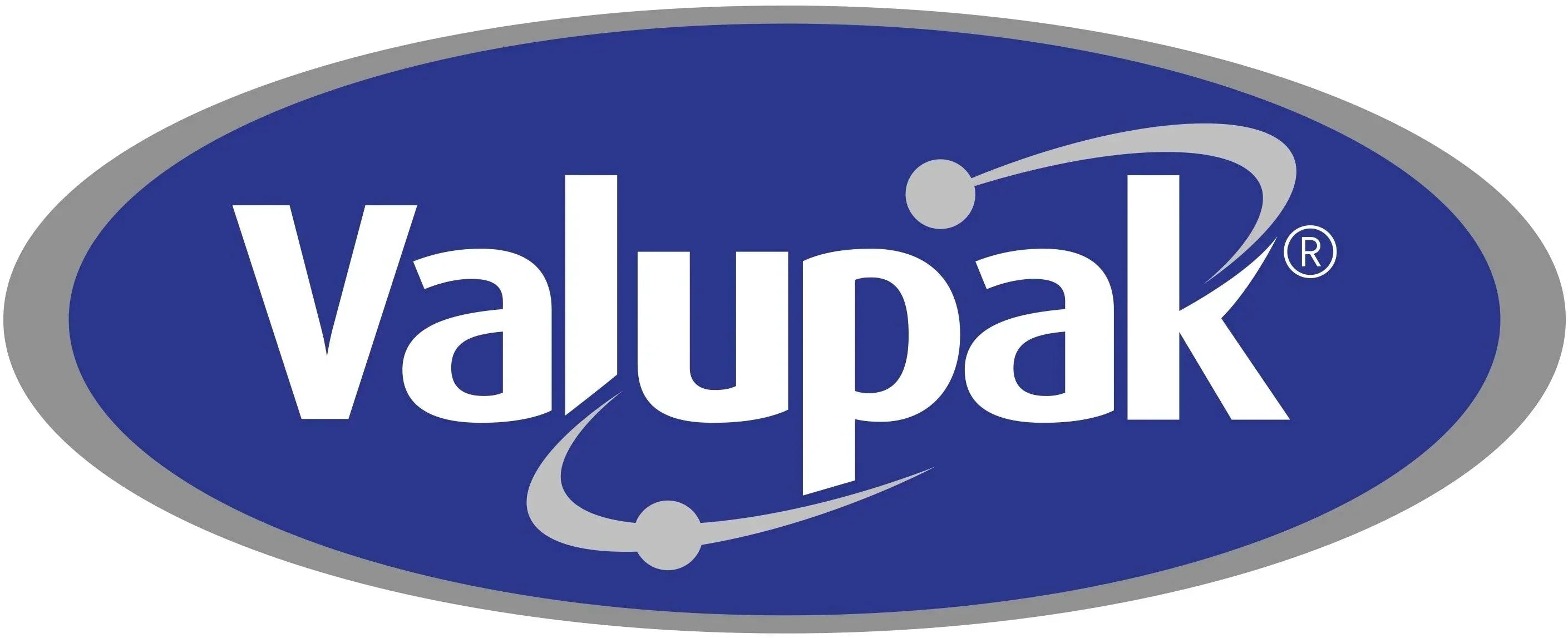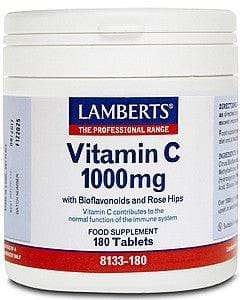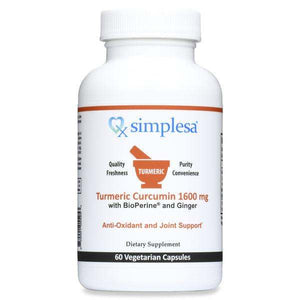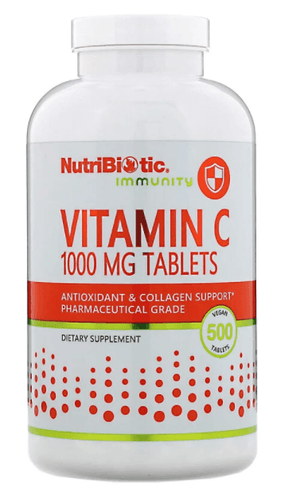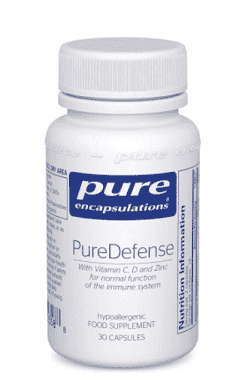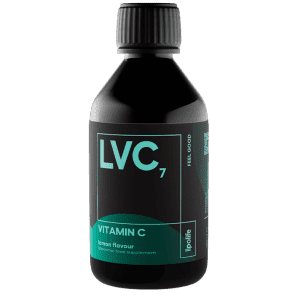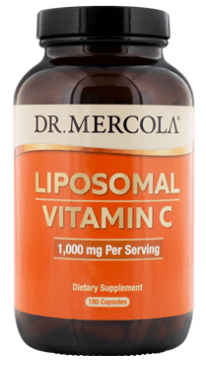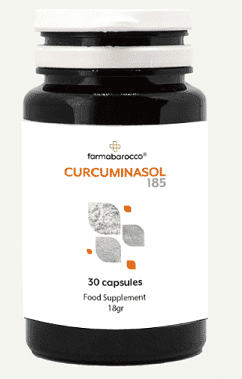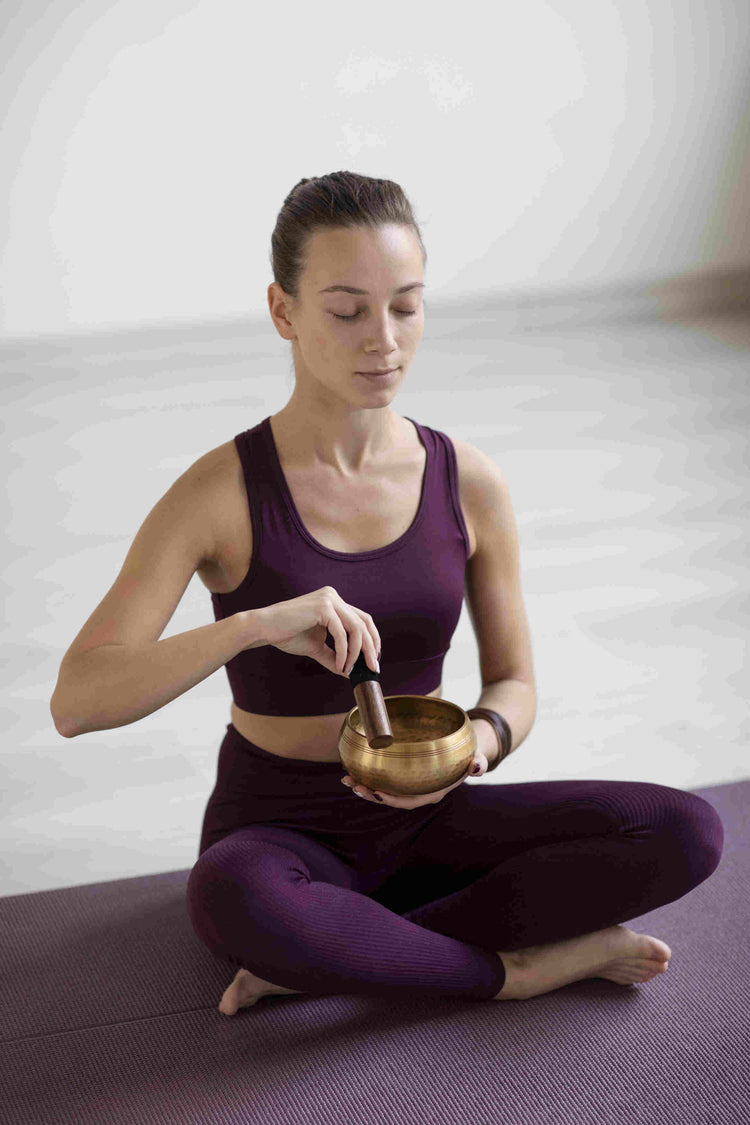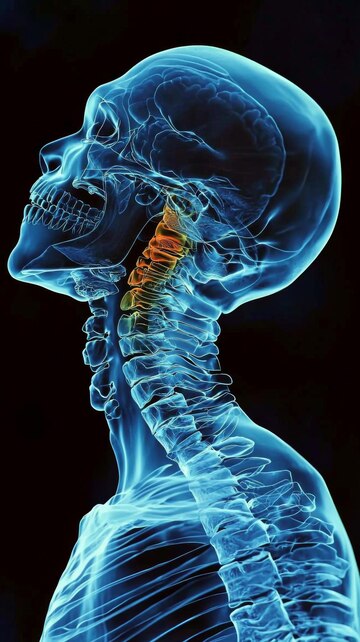Is Thai Massage Dangerous?
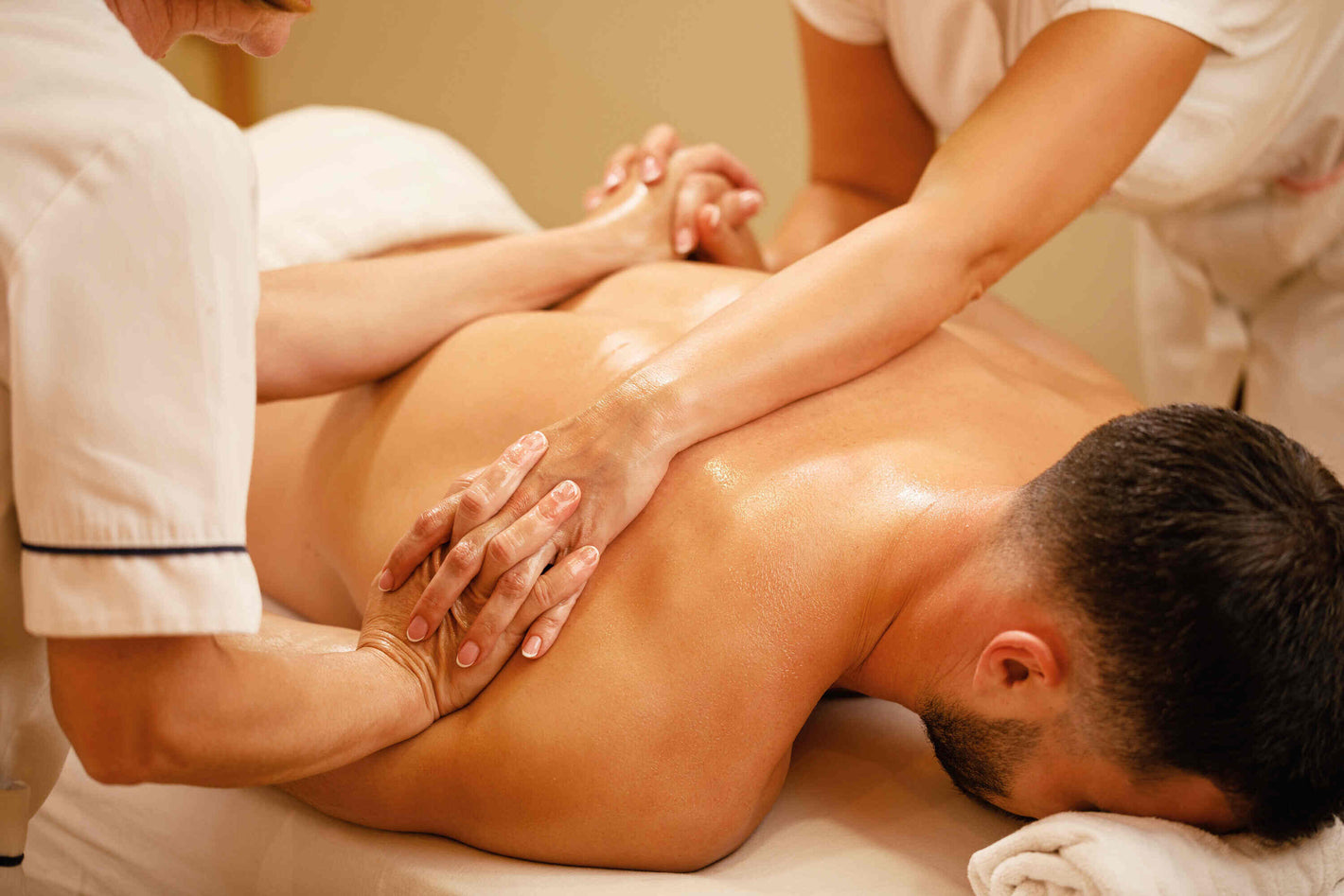
Related products
Thai massage is an old healing practice that causes better circulation, flexibility, stress relief, pain relief, detoxification, better posture, and emotional release. It combines various techniques and postures, Indian Ayurvedic principles, and acupressure to achieve all these results. It has attracted a huge following worldwide, yet it is associated with many potential dangers and risks closely related to its advantages.

The risk of side effects and dangers increases if it is not perfumed by trained yoga and massage experts or performed on individuals who don't need it altogether. This article explores various risks of Thai massage, focuses on the emotional, psychological and physical dangers and reviews the contraindications of various Thai massage practices. Stay tuned for more information.
Physical injury
It is one of the major risks associated with Thai massage. Massage techniques involve applying deep pressure and stretching to various body parts, such as joints, tendons, muscles, joint manipulations, etc. Too aggressive and inaccurate application of these techniques sometimes causes ligament injuries, muscle strains, and even joint dislocations.
People not accustomed to these vigorous manipulations or having preexisting health conditions are particularly vulnerable. Application of excessive pressure to the joints or too much stretching of the muscles sometimes causes serious damage, causing severe pain and lower mobility.
Deep tissue massage is a related procedure that can be unsafe if not performed accurately. We have reviewed deep tissue massage, its benefits and risks in another article. Visit our page to read it.
Spinal injuries
Often, Thai massage techniques put extra pressure on the neck and spine, which are delicate body areas. Spinal injuries are one of the most concerning issues that arise in many people due to Thai massage. The spinal cord is one of the centres of the central nervous system, and traumatic injuries to it cause severe issues, e.g., paralysis.
Neck manipulations are associated with cervical artery dissection, which causes stroke. Although they are very rare, they are concerning enough to need prevention. People having spinal cord issues, e.g., spinal stenosis and herniated discs, must be cautious while engaged in Thai massage. A case report by Professor Hyun Suk Cheong, Department of Rehabilitation Medicine, The Catholic University of Korea, Suwon, in 2012 reviewed a case study of spinal injury associated with neck massage.
Nerve damage
Thai massage techniques involve stretching and pressing the muscles and tissues close to the major nerves. Excessive pressure on these nerves sometimes causes injuries and compression. Nerve compression causes shooting pain, weakness, tingling, and numbness in the affected areas, which sometimes persists long after the massage session.
The sciatic nerve stretches from the lower back to the buttocks and legs and is associated with injuries during deep tissue manipulations. A Thai massage technician who is not familiar with the anatomy of the body or is inexperienced in the job often compresses the local nerve, causing long-term damage and significant discomfort.
Blood clots
It is one of the minor risk factors, particularly for those at risk of conditions such as deep vein thrombosis (DVT). Excessive pressure on the muscles and joints disturbs blood flow, and people with underlying or undiagnosed clotting issues sometimes experience clot dislodgement. It causes the clot to travel to the brain and lungs, causing severe consequences, such as stroke and pulmonary embolism.

So, people with a history of cardiovascular diseases, blood clots, or other diseases of the circulatory system must consult a therapist before going for a Thai massage.
Psychological and emotional issues
It is a less common yet important risk associated with Thai massage. Although this massage has relaxing and stress-relieving abilities, many people find the physical manipulations too aggressive and uncomfortable, particularly those unprepared to deal with the intensity of the experience.
The close physical contact associated with Thai massage is very triggering for people who have personal trauma in the past and issues related to personal limits and boundaries. In these people, the message creates feelings of emotional pain, discomfort and anxiety rather than well-being and relaxation.
Swedish full-body massage is an attractive alternative for those who are worried about emotional issues, as it is safe and easily tolerated. We have summed up the benefits of Swedish body massage in a must-read blog. Visit us to read it.
Undiagnosed health conditions
Sometimes, people are unaware of the health conditions aggravated by Thai massage. These conditions include osteoporosis, in which the bones become weak and prone to fractures. The stretching and pressure associated with the massage often exacerbate such conditions.
Likewise, people who have respiratory issues, heart conditions and hypertension experience adverse reactions due to deep breathing and physical exertion associated with Thai massage. The care is also necessary for pregnant women as the pressures applied or positions related to the massage negatively affect the pregnancy.
Getting diagnosed with health conditions through health screening before going for Thai massage is advised.
Skin issues and infections
It is less discussed, but it is a common risk of Thai massage. As it involves close contact between the practitioner's hands and the client's skin, there is the risk of infection transmission and irritations, particularly if precautions and hand sanitation are not in place.

Using improper massage mats and tools and the unsanitary conditions in the massage parlour pose the risk of fungal and bacterial infections. Other skin conditions, e.g., psoriasis, eczema, and dermatitis, are aggravated by lotions, oils, and friction during massage. Sores and open wounds on the skin serve as entry points for germs, particularly if exposed to unsanitary conditions during massage.
Lack of rules and regulations
It is a traditional remedy, and like other forms of physical and medical treatments, it is not properly regulated in many countries. So, there is a risk in hindsight that the practitioner is not properly certified and expert in massage techniques. The poorly gained therapist causes more harm to the body by using excessive force and using wrong techniques.
Additionally, with licensing standards, it becomes easier for many people to differentiate between unqualified and qualified practitioners. It increases the risk of negative experiences and injuries as individuals continue to receive treatment from unqualified and incompetent people.
Overstimulation
Sometimes, the muscle manipulations and stretching associated with Thai massage, which stimulates the pressure points and increases blood flow, cause overstimulation. People who have not experienced it before are at an increased risk of experiencing overstimulation.
It results in nausea, headaches, dizziness, and fatigue. It sometimes temporarily worsens the symptoms, particularly in individuals with certain health conditions, such as chronic fatigue and fibromyalgia. People not accustomed to the intense physical exertion associated with Thai massage must approach this technique cautiously to avoid excessive overstimulation of the body and potentially overwhelm it.
Pseudo medical claims
Like other traditional remedies, Thai massage is the target of many other pseudo-medical claims. Although it has legitimate therapeutic benefits, many practitioners can make unsubstantiated and exaggerated claims about its ability to target certain diseases and treat them.
It is necessary to remember that although it is a beneficial complement to medical treatment, it is nevertheless not a substitute for professional medical care. Relying solely on this technique to treat medical and health conditions often delays the diagnostic procedure, causing worse health outcomes.

Welzo is a convenient healthcare platform that offers medical care that complements traditional therapies. Our website contains many products and tests that provide general guidance and consultation. Visit us to avail our medical services.
Frequently Asked Questions
When is a Thai massage not necessary or not advised?
Thai massage is not advised in cases of blood vessel abnormalities, such as varicose veins and higher blood pressure. It must be avoided in these conditions as there is a risk of blood clot formation without knowledge.
Where must the Thai massage be avoided?
Certain body areas must be avoided where sustained pressure damages the underlying structures under the skin. These areas are the suprasternal notch, posterior and anterior triangles of the neck, umbilical area, spinal column, popliteal fossa, inguinal triangle, and antecubital fossa.
Which areas of the body are off limits for a massage?
A massage therapist must not touch the genital areas of the client. It comes under the sexual abuse category. Massaging the breast is also an off-limit in most of the USA. Even if it is legal, the patient's written consent must comply.
How do you know if a massage technique is inappropriate?
Any massage technique that involves unwanted touching that goes beyond the necessary limits and makes many inappropriate, suggestive comments, e.g., sexual comments that make a person objectified and uneasy, is unacceptable.
Describe various red flags for the massage parlours.
Some red flags associated with massage parlours that indicate malicious intent are restricted accesses, blacked-out or covered windows, the high turnover rate of employees, and poor language proficiency. It is necessary to be aware of these signs and report to the authorities if required.

Bottom-line
Although Thai massage has numerous psychological and physical benefits, it is not free of dangers. Some physical injuries, e.g., nerve damage, joint dislocations and muscle strains, sometimes occur if the massage is performed too aggressively and incorrectly.
Nerve compressions and spinal injuries are critical as they cause many long-lasting effects. Emotional distress, overstimulation, and the formation of blood clots must be considered. Likewise, the poorly trained Thai massage experts and the lack of proper regulations compound the issues and require consulting an experienced and qualified practitioner.
Likewise, adequate understanding and communication between the client and the therapist are necessary for a positive and safe massage experience. To avoid adverse effects, consultation with healthcare professionals is essential, particularly for people with health conditions. For this purpose, Welzo offers online consultation through Private GP Appointments Online. Visit us to consult our healthcare providers.




